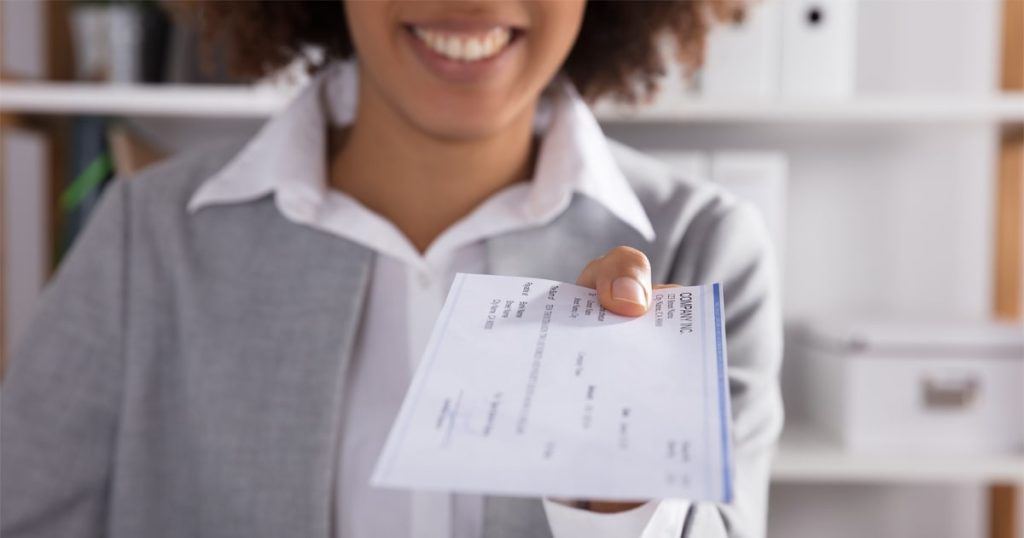Choose an account you would like to open below. If you need assistance, feel free to contact us or visit a branch.
Choose an account you would like to open below. If you need assistance, feel free to contact us or visit a branch.

While credit cards and digital payments are becoming more popular, paper checks continue to be a common payment method for many consumers and businesses. However, with a rise in check fraud attempts, it’s important to be alert when accepting or choosing to pay with a paper check.
According to the American Bankers Association, attempted check fraud at U.S. banks totaled $15 billion in 2018. Before depositing a check you weren’t expecting or mailing a check to an unknown recipient, here are some things you should know:
There are three main types of check fraud. This includes:
Now that you know the three main types of check fraud, it’s important to know how to prevent these attempts. Here are seven ways to protect yourself:
If you think you’ve been targeted by a counterfeit check scam, report it immediately to any of the following agencies:
For more help or information, go to FDIC.gov or call the FDIC toll-free at 1-877-ASK-FDIC (1-877-275-3342).
You will no longer be subject to, or under the protection of the privacy and security policies of Colony.Bank. Colony.Bank is not endorsing or guaranteeing the products, information, or recommendations provided by linked websites. Colony.Bank is not liable for any failure of products or services advertised on linked websites.
Ameriprise.com is not owned or operated by Colony Bank and has its own privacy policy and terms of use. We encourage you to read through the privacy policy (ameriprise.com/privacy) and terms of use (ameriprise.com/legal/website-rules) and familiarize yourself with the ameriprise.com site before opening an account or completing a transaction. Colony Bank is not responsible for the availability or content of information on ameriprise.com and Colony Bank does not represent either Ameriprise Financial, Inc. or you, should you open an account or enter into a transaction.
Investment Products:
![]()
Ameriprise Financial Services, LLC is not an FDIC insured bank; FDIC insurance only covers the insolvency of FDIC-insured banks.
You’re leaving Colony Bank’s website and will be taken to the Allstate Insurance Company website to learn more about insurance products. This site is not owned or controlled by Colony Bank. Insurance products are not FDIC insured, are not deposits or guaranteed by the Bank, and may lose value.